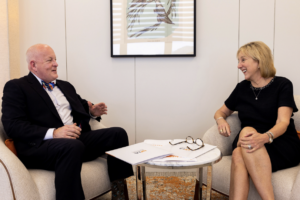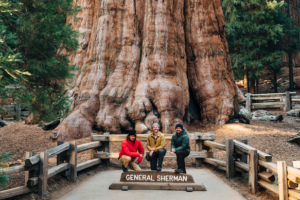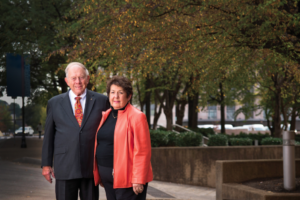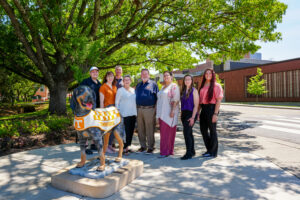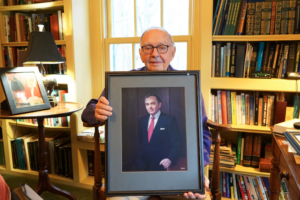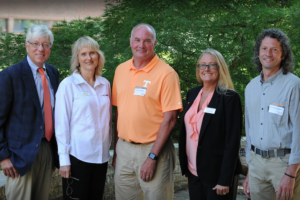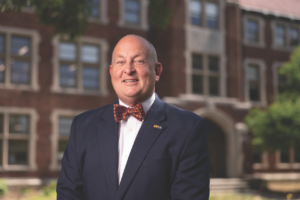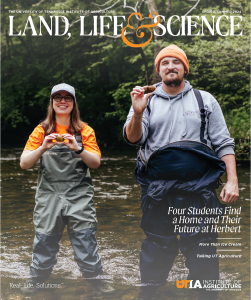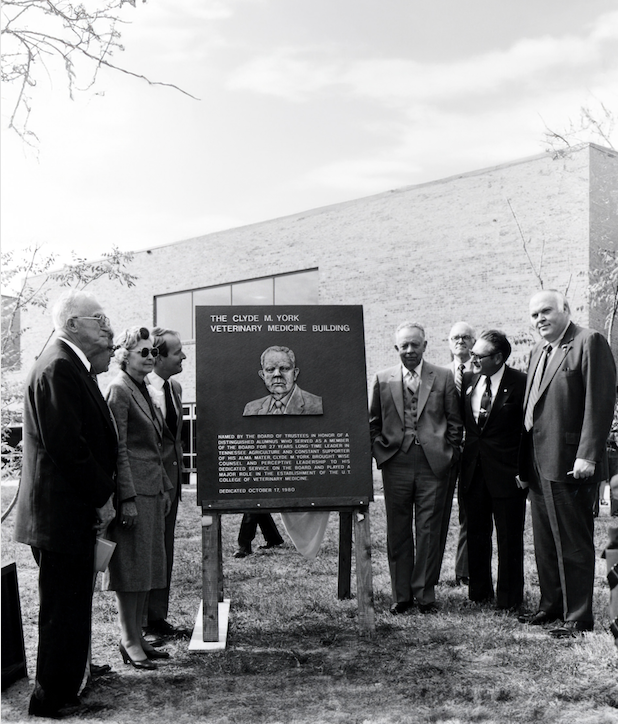
The UT College of Veterinary Medicine marks a half-century of knowledge, compassion, and discovery
In the mid to late 1960s, the pressing need for more veterinarians in Tennessee sowed the seeds of establishing a veterinary college in the state. Agricultural and legislative leaders, along with the Tennessee Veterinary Medical Association, led the grassroots movement. “The Farm Bureau brought our college to the dance,” says Bob DeNovo, a professor of small animal internal medicine and administrator who served the college for forty-three of its fifty years, most recently as interim dean until July 2024.
In 1967, Clyde York, then president of the Tennessee Farm Bureau Federation and a member of the UT Board of Trustees, recommended the board ask the university’s administration to study the possibility of establishing a veterinary school to help alleviate the lack of access to veterinarians and provide more Tennesseans the opportunity to attend veterinary school.
The board received the go-ahead and launched a formal study. At the same time, the Farm Bureau passed a resolution requesting a similar feasibility study. The Tennessee Veterinary Medical Association also formed a “School Investigating Committee” and later voted unanimously to support the establishment of a veterinary school in the state.
In 1968, the feasibility study recommended the establishment of a veterinary school on the Knoxville campus. Eventually, the Tennessee Legislature directed the Tennessee Higher Education Commission to conduct a formal study. W.W. Armistead, dean of Michigan State University’s veterinary college, was hired as consultant to the commission.
His Increased Veterinary Services for Tennessee and Consultant’s Report became the foundation for the veterinary college. “Tennessee has an inadequate supply of veterinarians. At present, there are about 340 veterinarians practicing in the state,” Armistead wrote in his report.
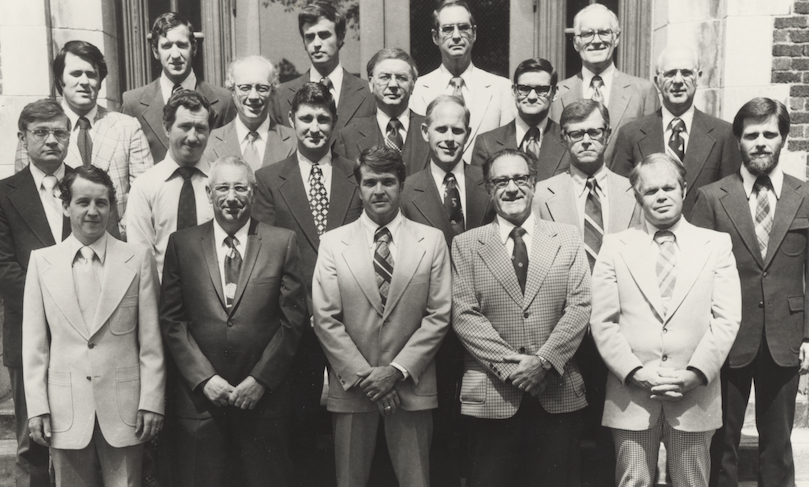
Close to two-thirds of those veterinarians were Auburn University graduates. Tennessee, like many states without a veterinary college, purchased student contract spaces through the Southern Regional Education Board so a few Tennesseans—nineteen in 1973— could attend the out-of-state school for in-state tuition.
In March 1974, legislation passed the House on a unanimous vote and Senate on a 32-to-1 vote to establish a veterinary college. Governor Winfield Dunn signed the legislation on March 19 of that year, and Armistead was named founding dean. In just five years, a college was built, a curriculum developed, students selected, and a referral service established.
“The emergence of the University of Tennessee’s College of Veterinary Medicine is one of the most extraordinary success stories in modern veterinary medical education,” Armistead wrote to the college’s first veterinary class in the college’s 1979 yearbook. Thirty-nine students, all Tennesseans, graduated with their doctor of veterinary medicine degrees.
“It marks the first, small transfusion of orange-blooded veterinarians into the mainstream of American veterinary medicine. But even a little orange can make a big difference.”
-W.W. Armistead, UTCVM Founding Dean
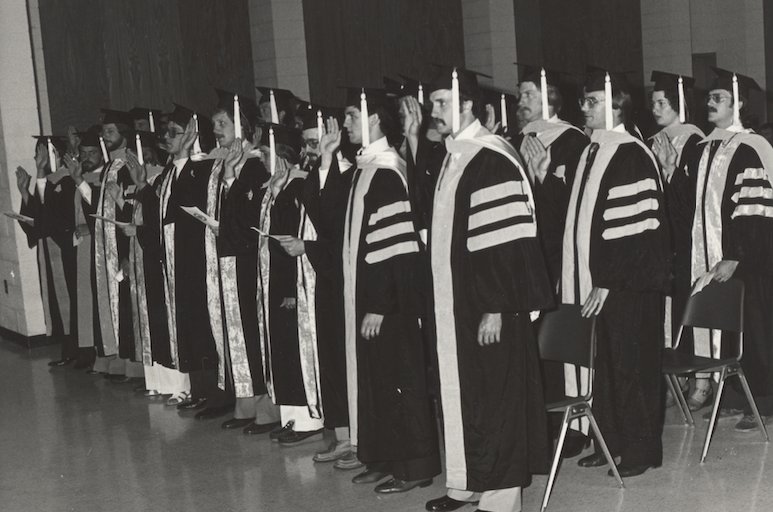
As of May 2024, the college had graduated just over 3,000 veterinarians.
The Class of 2028 has 105 students enrolled, and the annual patient caseload is around 38,000 animals. Things have changed over the years. “When I started teaching here, ultrasound was in its infancy. Our first one was like watching an old black-and-white TV with rabbit ears—we could only identify the heart because of its motion,” DeNovo jokes.
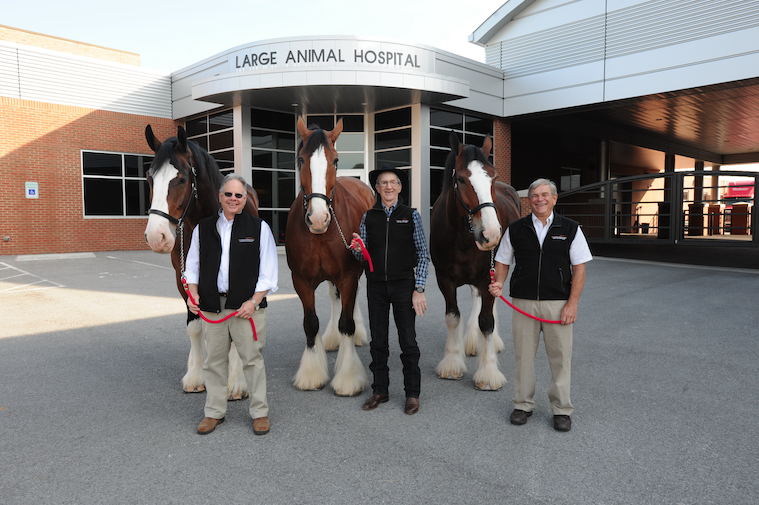
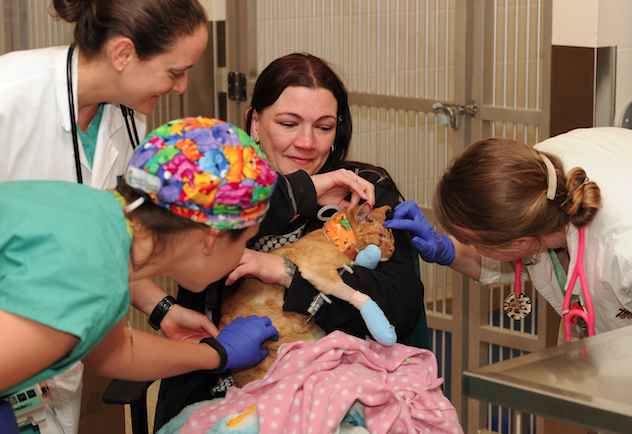
Medical diagnostic tools have evolved, and the college is home to technologies that weren’t even imagined in the late 1970s, ones like 3D-printing, stem cell therapy, and joint replacements. The one constant across the past five decades remains educating tomorrow’s veterinarians to be good investigators who understand that the best diagnostic tools are their eyes, ears, hands, and brains, no matter the species they treat.
From the beginning, the students have been integrated in the management of patient cases. “Our students have a reputation of coming out well-trained both with their fundamental knowledge as well as their hands-on practical skills, and the college has maintained a fidelity to the concept that teaching has been and always will be job one,” says DeNovo.
An original faculty member and now emeritus professor of oncology, Al Legendre, agrees. “While all veterinary colleges give lip service to teaching, at UTCVM you can get tenured and promoted with excellence in teaching as your principal expertise. An emphasis on teaching fits in well with the family-like environment that is part of the UTCVM culture.”
As an undergrad, Alexis Tolbert (BS animal science ’15, DVM ’21) witnessed the camaraderie and teaching moments while earning money as a College of Veterinary Medicine veterinary assistant cleaning kennels, walking dogs, and spending as much time as she could in the neurology treatment room. After graduating from veterinary college and completing two yearlong internships, Tolbert returned to the college for a three-year neurology residency. “What drew me back was the friendliness of the people, and everyone, including the veterinary nurses, plays a role in your education,” says the Memphis native.
As associate dean for academic and student affairs, India Lane focuses on professionalism and nontechnical competencies of veterinary students, clinical teaching and learning, and student support. With the field continually advancing, educating students to become lifelong learners and exposing them to the inquiry and evidence behind the medicine remains a constant.
She uses three words to frame her vision for veterinary students and veterinarians of the future, “Elevate—do everything with excellence in mind and to elevate the profession, yourself, and those around you; empower—encourage students and practitioners to solve problems and manage conflict; and everyone—include everybody in these missions and in contributing to the profession.”

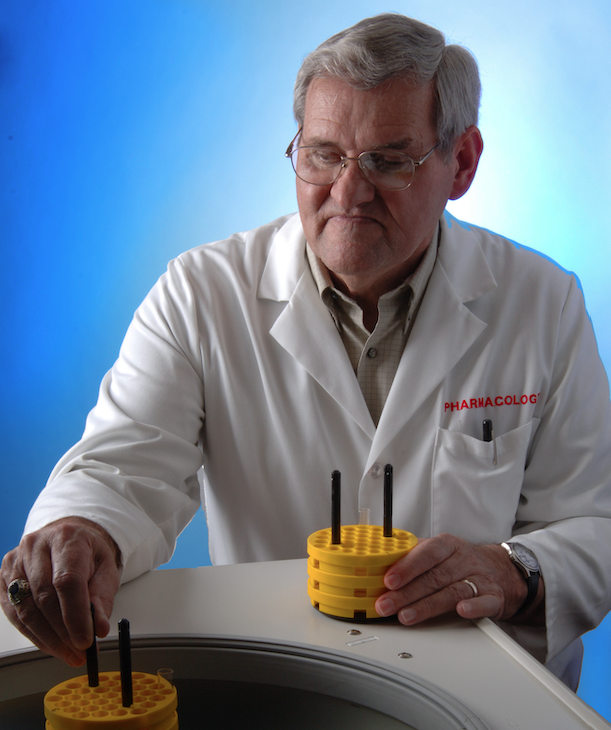
“The College of Veterinary Medicine exemplifies, in my mind, a picture of what it means to put the mission of public and land-grant universities into practice,” says Paul Plummer, who was named the college’s sixth dean in April. He earned both his veterinary degree and specialty in large animal internal medicine at the college in the early 2000s.
The professionals who earn their veterinary degrees from UT not only provide care for countless animals within our state but also play a crucial role in ensuring the strength of our agricultural economy and the safety of our food supply. “Looking ahead to the next fifty years,” Plummer says, “we anticipate significant changes in education, evolving health risks associated with emerging diseases, and the impact of new technologies on health care.
“However, I have full confidence that we are well-equipped to continue providing the state with Real. Life. Solutions. These solutions not only enhance animal health but also contribute to the well-being of humans and the environment daily.”
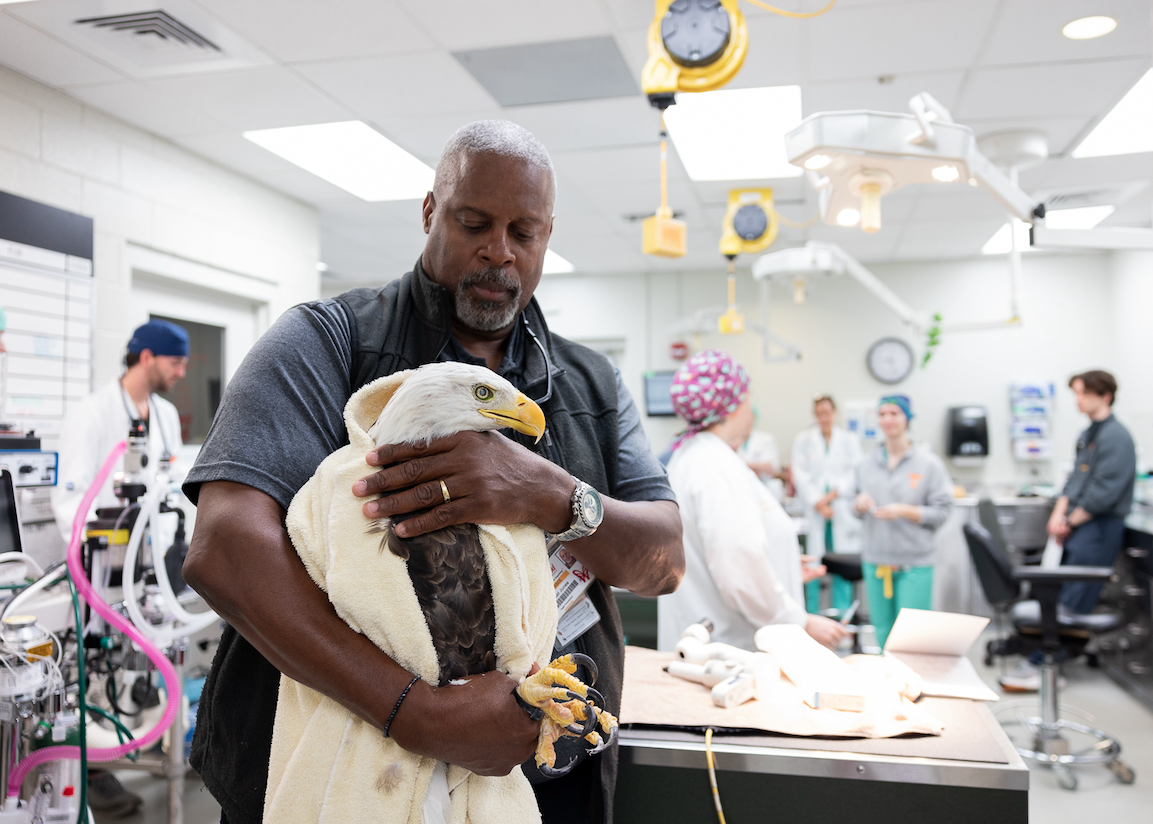
Thank you for helping us celebrate fifty years of The University of Tennessee College of Veterinary Medicine!
Explore More on
Features
MORE FROM THIS ISSUE




